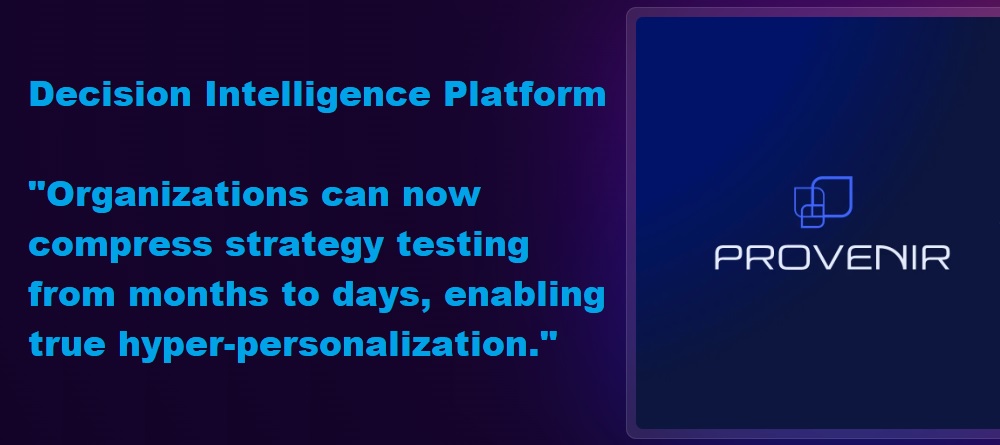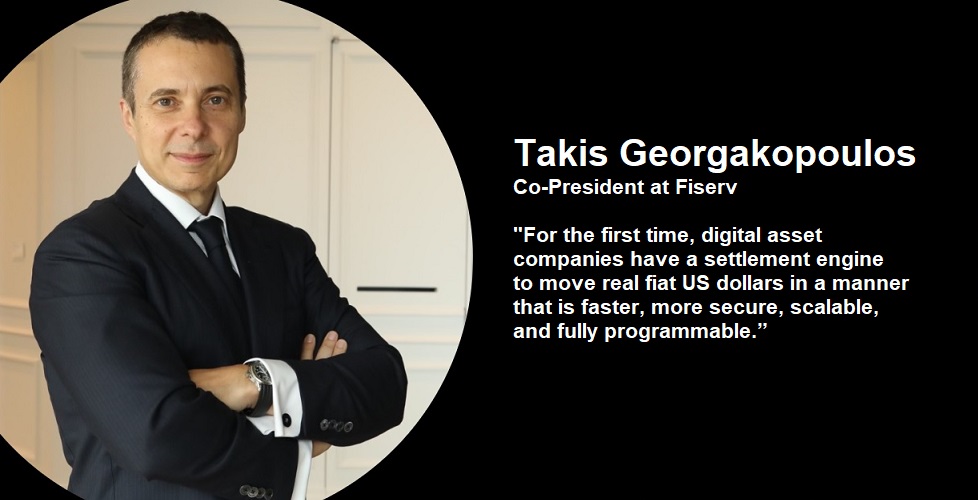CapGemini – World Payments Report 2018: Banks alone will be unable to master new digital payments ecosystem

Digital payments are experiencing a boom, driven by developing markets, according to the World Payments Report 2018 launched today from Capgemini and BNP Paribas. However, the innovation landscape in payments is uncertain as BigTech[1] entrants make their presence felt, and incumbents face technical and regulatory complexity in the development of new collaborative payments ecosystems between themselves and FinTechs.
„The report finds that it will take more than bank-led initiatives to grow the new payments landscape. The broader financial services community – including public-sector organizations, regulators and third parties – must determine their new roles and work together with large payment users to ensure a smooth, balanced, and robust payments ecosystem development.”, according to the press release.
Experts statements
“Payments will continue moving towards the ideal state of being fully instant, automated, efficient and thus become more than ever, a game of scale. Differentiate will come from new value creation in the greater process of companies that ultimately lead to payments and receivables.” – Wim Grosemans, Global Head of Product Management, Payments & Receivables, BNP Paribas.
“Payments has become a commodity today. We are working with partners and merchants to provide differentiated mobile payment solutions that bring value to all parties. For example, merchants can provide accelerated check out and offer personalized digital services by leveraging data management techniques in a responsible way. At the same time, users can benefit from integrated payment methods, extended P2P payments, and loyalty programs.” – Carlo Bovero, Global Head of Cards and Retail Payments, BNP Paribas.
“For corporate treasurers, two models of engagement with FinTechs are emerging: one where banks become the center of ecosystem collaboration with FinTechs and reach out to customers and the other where banks refer FinTechs to corporates, who deal directly with them. For robust ecosystems, corporates must weigh the pros and cons of the collaboration models and choose that which not only adds value, but is also sustainable over the long term.” – Bruno Mellado, Head of International Payments and Receivables, BNP Paribas.
“APIs, artificial intelligence and real-time payments can play a pivotal role for banks to achieve operational efficiency, customer centricity, and enable new business propositions.” – Christophe Vergne, Head Payments Solutions, France, Capgemini │Financial Services Strategic Business Unit.
“Real-time Payments and APIs in combination with mobile technologies could also provide an alternative to card payments, particularly in the C2B e-commerce area, with corporates gaining immediate availability of funds at lower cost.” – Ame Stuart, Vice President Digital Markets, Capgemini │Financial Services Strategic Business Unit.
“The banks that are fast to orchestrate an ecosystem are expected to gain immensely from the first mover advantage and it is probable that those that are not fast enough may lose market share in a short period.” – Jeroen Holscher, Vice President Global Payments and Cards Practice, Capgemini │Financial Services Strategic Business Unit.
“As banks seek an anchor role in the new payments ecosystem, they need to identify the most qualified FinTech partners on complementary service and value to maximize effective collaboration.” – Elias Ghanem, Chief New Technologies Officer and VP FinTech, Capgemini | Financial Services Strategic Business Unit, Europe.
Developing markets are driving non-cash growth
The report forecasts that non-cash transactions will post a compound annual growth rate (CAGR) of 12.7 percent through to 2021, following growth of 10.1 percent in 2015-16, which saw the total volume of non-cash transactions reach 482.6billion.
This non-cash boom is being driven by developing markets, with Russia (CAGR of 36.5 percent), India (33.2 percent) and China (25.8 percent) as notable movers during 2015-16. Mature markets maintained steady growth of more than 7 percent.
Developing markets are set to show a 21.6 percent CAGR, led by emerging Asia at 28.8 percent over the next five years. By 2021, developing markets are expected to account for around half of all non-cash transactions worldwide, overtaking the mature markets for the first time, whose current share stands at 66.3 percent.
BigTechs are opening their e-wallets
Disruption of the payments market is accelerating as new technologies take hold and BigTechs and FinTechs make their presence felt. In particular, e-wallets are on the rise and present a major market opportunity for non-traditional payments providers. In 2016, e-wallets accounted for 8.6 percent of non-cash transactions (a volume of 41.8 billion), of which 71 percent were facilitated by BigTech providers.
Innovation faces complexities
Although disruption is accelerating, and market entrants are proliferating, there are regulatory and technical complexity challenges to the development of innovative new payments ecosystems, along with the expectation of the current level of security. Only 38 percent of bank executives surveyed for the report said they were ‘planning an anchor role’ in new payments ecosystems.
“As demand for digital payments is strong, especially in developing markets, some banks may want to revisit their choice to not seek an anchor role in the new emerging payments ecosystem,” said Anirban Bose, CEO of Capgemini’s Financial Services and member of the Group Executive Board. “With their significant market share in the payments industry and implementation of new technologies, banks are in a unique position to shape the marketplace. They can also create new revenue streams through innovative, collaborative relationships with FinTechs and active participation by the broader financial services community.”
Like banks, corporate treasurers should also consider their role in the new ecosystem as they expect value-added services that are safe, efficient, reliable and global and could co-design these services with banks.
“Large payments users are also a key constituency in the evolution of innovation in the payments industry. Without their participation, payments services providers are missing a vital opportunity to shape new offerings in transaction banking such as in cash aggregation, cash forecasting and automated treasury,” said Bruno Mellado, Head of International Payments and Receivables at BNP Paribas. “These offerings could equip corporate treasurers with the means to move beyond a tactical or operational role and towards a more strategic one for their companies.”
Indicative of the complexities that surround innovation in the payments marketplace, many respondents said that adoption of a real-time payments infrastructure was being inhibited by lack of interoperability between schemes[2] (identified by 74.1 percent of executives) and weak data and authorization standardization (59.3 percent).
On Distributed Ledger Technology (DLT), 85.9 percent highlighted lack of interoperability, 83.1 percent lack of regulatory clarity, and 77.1 percent ability to scale, as factors limiting adoption.
The report also shows how key regulatory and industry initiatives (KRIIs) are threatening to create conflicts as they spread from a regional to a global level. Conflicting KRIIs pose implementation and operational challenges that could hinder the transition to new payments ecosystems. Examples include the Fifth Anti-Money Laundering Directive (5AMLD) and PSD2 conflict, as well as GDPR and PSD2.
Download a full copy of the report here.
Report methodology
The World Payments Report 2018 is comprised of primary research based on executive interviews and an online survey. This edition also includes the introduction of the Payments Open Banking Assessment, which demonstrates the state of open banking in 16 countries from a payments perspective.
[1] BigTechs are large, multinational technology firms such as Google, Amazon, Facebook, Apple, Alibaba, Tencent, etc.
[2] Globally, there are multiple real-time payment schemes currently with different criteria pertaining to speed, volume, value, and settlement, for example, IMPS (India), FAST (Singapore), NPP (Australia), FPS (UK)
Dariusz Mazurkiewicz – CEO at BLIK Polish Payment Standard
Banking 4.0 – „how was the experience for you”
„To be honest I think that Sinaia, your conference, is much better then Davos.”
Many more interesting quotes in the video below:










